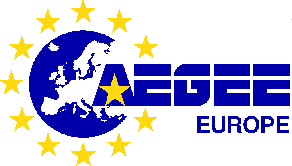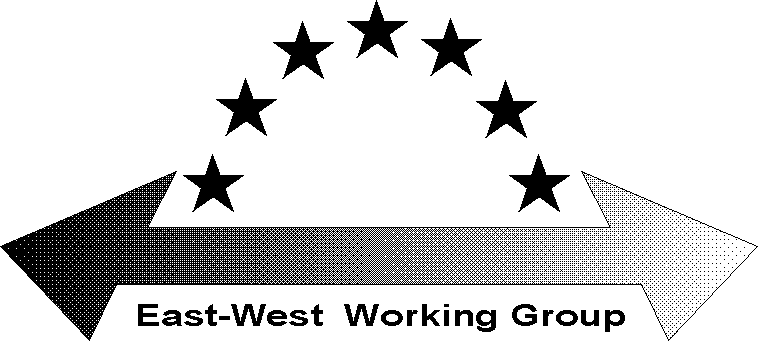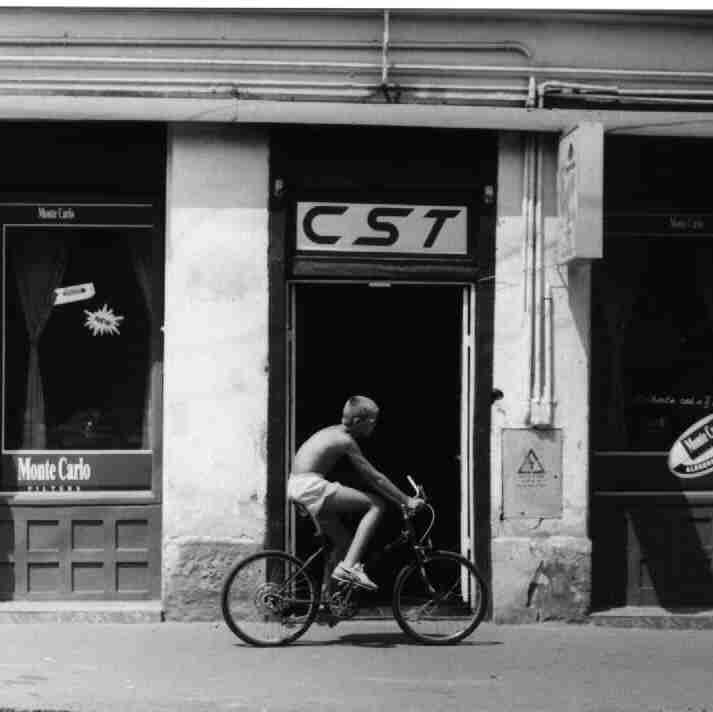
The Project
19 July to 2 August 1998
Pavel Popek from Czech Republic; Françoise Boissel and Amèlie Clément from France; Eszter Szilassy from Hungary; Claudia Attucci from Italy; Johan Otter from the Netherlands; Karina Kreja and Bartek Klin from Poland; Ruxandra Cristea, Iulia Halalai, and Lucian Docea from Romania; Alberto (1) Alonsa Clavero,Alberto (2) Pérez Puyal, and Víctor Muñoz i Massana from Spain; and finally Brigitte Krech and me, Ralph Böhlke, from Germany.
Two other selected persons, Zhidas Daskalovski (from Macedonia) and Luca Bassoletti (from Italy), could not come although the even wrote a preparory essay.
The latter one was called firmly in the last second to military service.
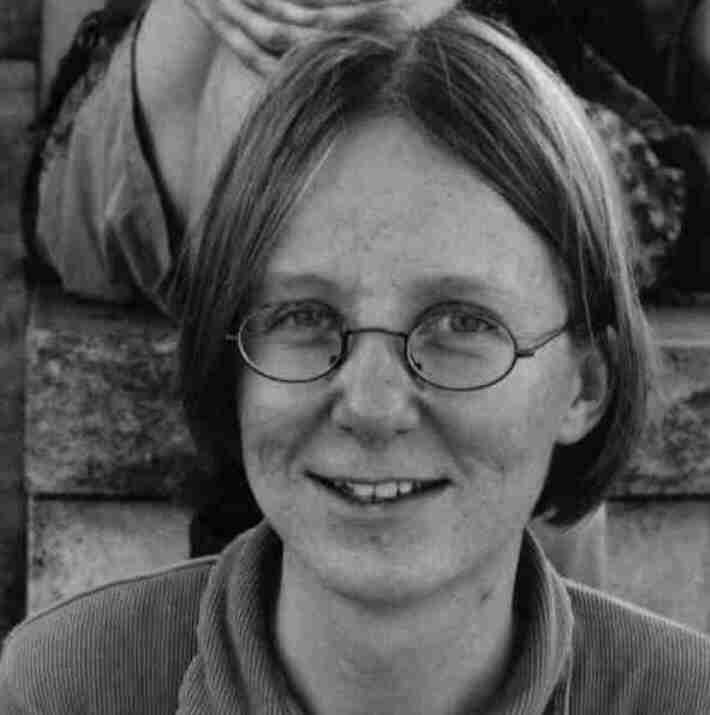
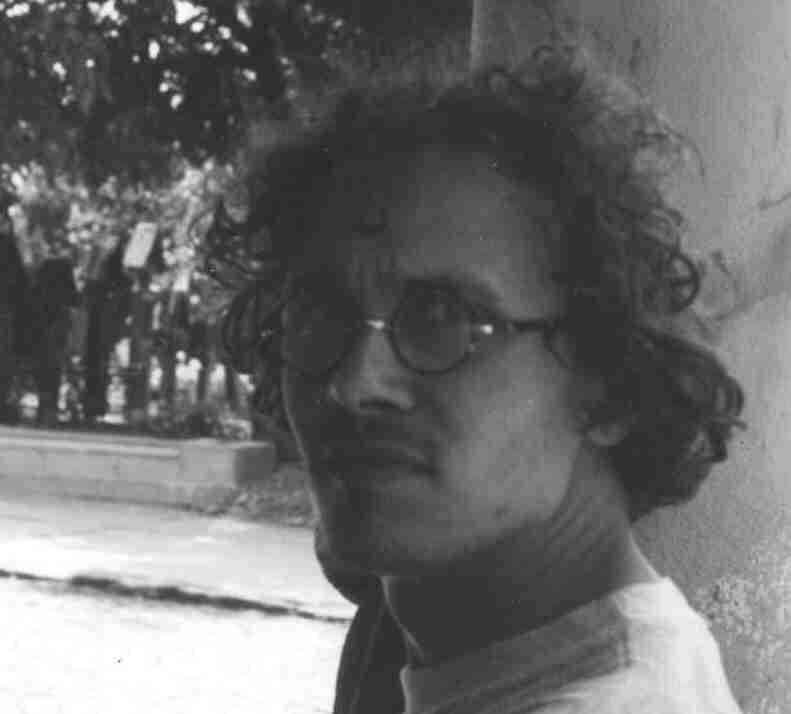
Ralph Böhlke is 'only' German. His interest on Central and Eastern Europe was risen more by chance already a few years before the fall of the
Wall. Since then the East, its people, its different languages and
its fast changing societies in transition were his main interest.
He studied in Germany, France, and Hungary, and just graduated in summer 1998 at the Budapest University of Economics. Currently he is working at the Centre for Europe and Third World in Saarbücken/Germany.
For sure, without the support of friends in Romania, settling meetings, arranging accommodation and raising money, the trip would have never taken place: All in advance, Oana Mailateasu, backed by numerous other people from Cluj-Napoca (Adela Tambulea, Calin Haidouk, Cristina Spataru, and Ilie Gageatu); Iulia Halalai and Lucian Docea from Alba Iulia; Cosmin Sabo, Mihaela Tenea, Manuela ??? and Ovidiu Pop from Sibiu; Ruxandra Cristea from Brasov; and Adrian Hendre from Baia Mare. This list is, of course, not complete. A big 'multumesc' to all of you anyway.
The Case Study Trip was organised within the frame of the student's organisation
AEGEE, although participants of the trip had not to be necessarily members.
AEGEE is Europe's large inter-disciplinary student organisation, with more than 18,000 members in 250 university cities all over Europe. AEGEE aims to promote European understanding among young people, especially in the student world. AEGEE is a secular voluntary organisation and is not linked to any political party. AEGEE was founded in 1985 in Paris as the Association des Etats Généraux des Etudiants de l'Europe. We can be found in such varied places as Las Palmas, Sarajevo, Paris and Istanbul, Kyiv and Utrecht. Our association organises conferences, seminars, summer university language courses and study trips with topics ranging from current political affairs and to literature and music. The motto of AEGEE is that students organise for other students. In this spirit we, the organisers of the CST project, wanted to invite interested students to join us to Transylvania.
Since 1988, the
East-West Working Group (EWWG) of AEGEE-Europe fosters co-operation between Eastern and Western Europe. By organising study trips and meetings, we get students from all parts of Europe together to create mutual understanding. Similar trips have already been organised to Albania, Moldavia, Slovakia, Ukraine, and the former Yugoslavia.
This fee included all travels starting from Budapest (H) on 19 July 1998 and ending in Baia Mare (RO) on 2 August 1998, furthermore two, often three meals per day, the accommodation (mainly in dormitories) and all entrance fees.
Brigitte Krech. brigittekrech@yahoo.com
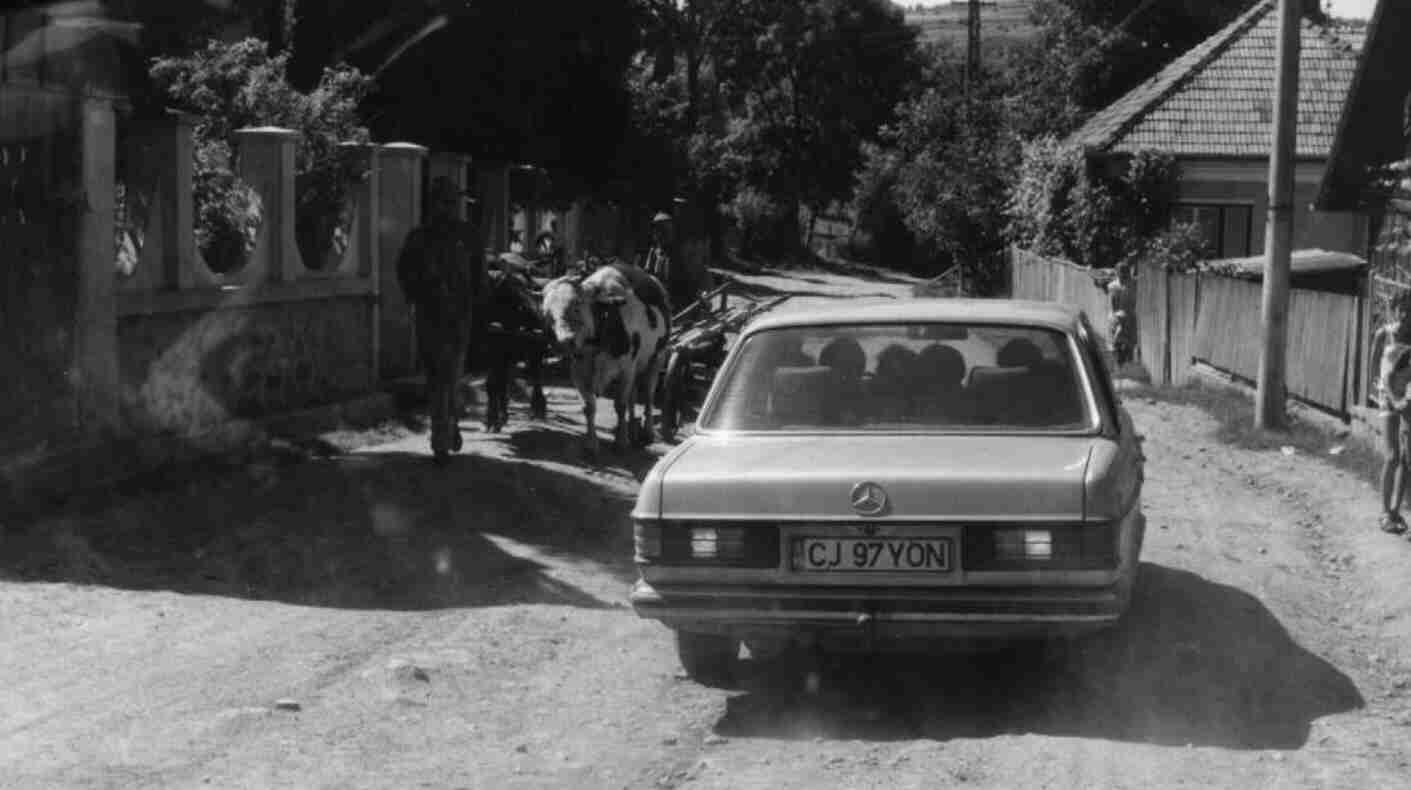
last update: 11 JUL 2002 by Ralph
